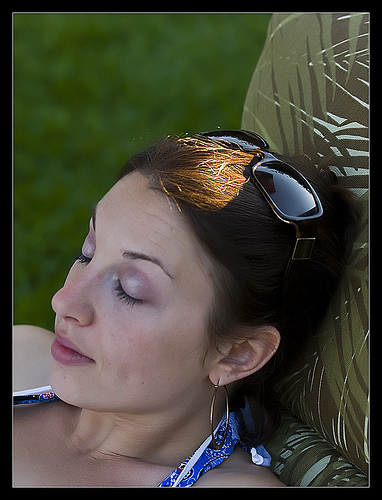The science of napping

I don't know about you, but I tend to feel guilty if I take a nap. Even if I only get a few hours of sleep the night before, sleeping during the daytime seems like such a waste. There are so many things that need to be done. Research shows, though, that a short nap during the day is a better pick-me-up than a cup of coffee or other caffeinated drink. Napping can help you be more productive at home and at work. Here are some tips for taking your midday siesta.
Harvard researchers recommend that naps be kept to 20-30 minutes. Napping for less time has its benefits, too, but longer naps can lead to grogginess that you may not be able to shake off for half an hour or more. Longer naps have the added disadvantage of interrupting your nighttime rest while shorter naps have no ill effects on regular sleep. Rest in a cool, dark, quiet place to get to sleep as quickly as possible. Reducing or eliminating noise and light are especially helpful in helping you nod off faster.
Naps should be planned at regular times in order to be most effective. A brief nap in the afternoon is usually better than trying to get through the day without any sleep. Naps should be scheduled near the middle of the day, about 7-8 hours after waking up, but 7-8 hours before bedtime, too. Napping in the late afternoon can shift your biological clock. To make sure you wake up in 20-30 minutes, set a timer.
Caffeine doesn't kick in immediately, so if you feel you need an extra jolt, a caffeinated drink followed immediately by a quick nap can be helpful. Remember to limit your caffeine intake, especially in the afternoons to avoid staying up longer than you should.
Photo courtesy of Jason Rojas via Flickr.
4 comments